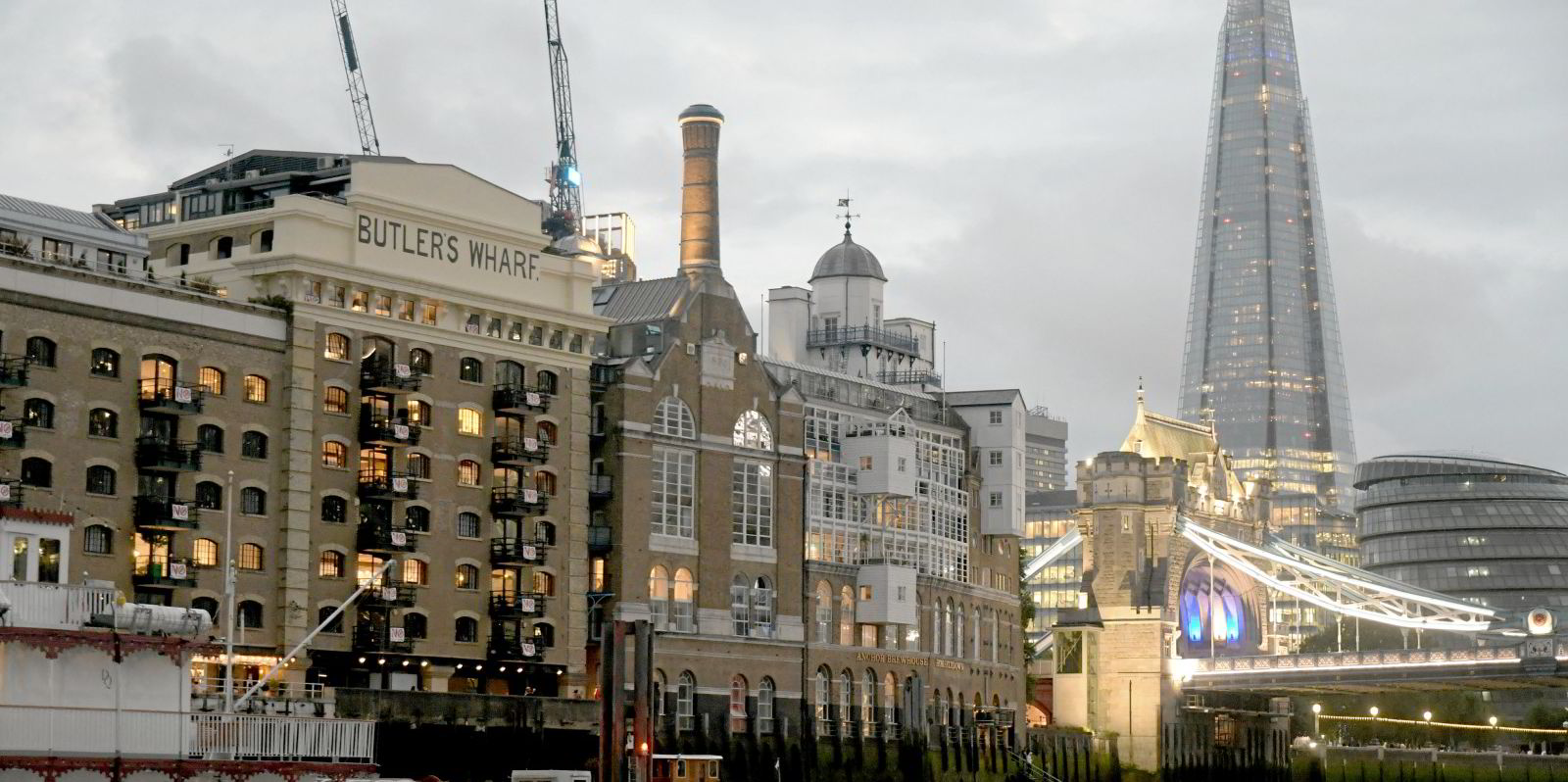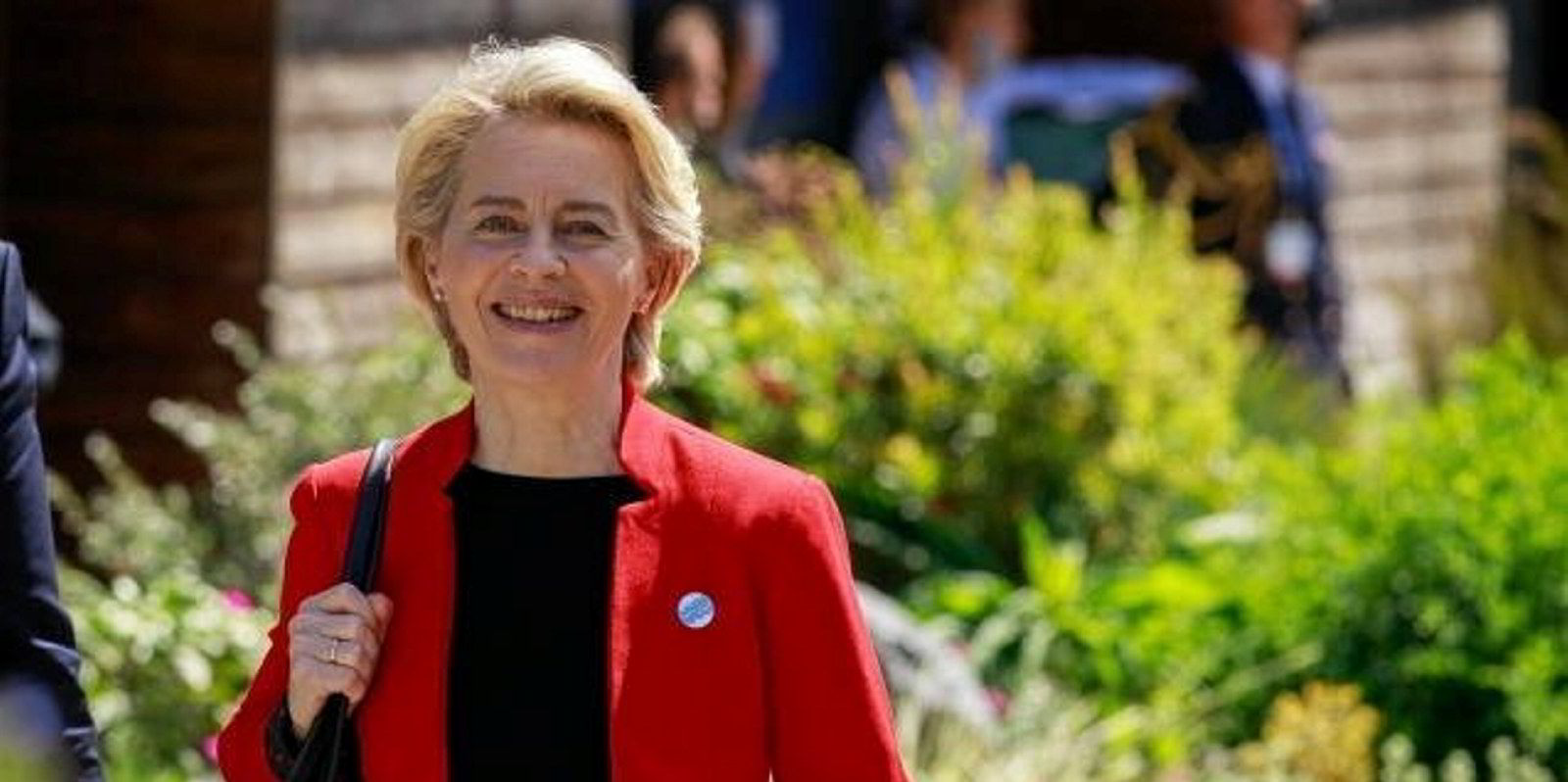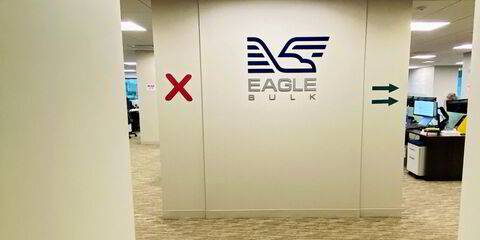UK shipbroker Braemar says it remains on track to deliver its profit targets despite a fall in interim earnings.
The London-listed shop said the net figure for the six months to 31 August dropped to £1.6m ($2m) from £8.6m the year before.
Revenue was up at £74.9m, against £69.4m, driven by strong performance in chartering and risk advisory services.
The company hailed a “strong performance”, against a global backdrop of weakening rates in certain sectors.
The recent additions of US brokerage Southport Maritime and two new desks, including a new Madrid tanker operation, more than offset this reduction, however.
The bottom line was hit by an unfavourable foreign exchange swing of £2.8m and acquisition-related expenditure, with underlying earnings much closer to last year’s figure.
The broker said it was still on course to double operating profit by 2025 against a 2021 baseline.
Braemar also said it has continued to trade well in the second half.
The results follow quickly from its delayed annual report released earlier this month.
The company had to carry out a probe into the accounting of unspecified legacy transactions dating from 2006 to 2013 before it could release the figures.
Investments paying off
Chief executive James Gundy said the result is due to the strategy of simplifying the group and focusing on shipbroking with a clear profitable growth agenda.
“The investment in new operations, that we made in the prior year, has increased the resilience, breadth and scale of the business and we continue to grow our market share,” he added.
He sees the outlook as still positive for shipping.
“Our growing scale and expertise put us in a great position to provide quality service to our clients and to capitalise on the many growth opportunities presented,” the CEO said.
“With the independent internal investigation now complete, we can now fully focus on continuing on our growth trajectory,” he added.
Chartering desks were strong in the period, particularly deepsea tankers. This was driven by additional revenue from the acquisitions.
Specialised tankers and offshore also performed well, but this was partially offset by a weaker dry cargo market.
The investment advisory division also had a weaker half-year, mainly due to a more “lumpy” revenue profile, the broker said.
But the business pipeline remains strong, Braemar added.
“Risk advisory continues to grow, as we expand our offering and meet the risk management requirements of our clients,” Braemar said.
As at 31 October, the forward orderbook totalled $65.6m, compared to $56.2m as at 28 February.
Total revenue for sale-and-purchase desks in the first half was £11.3m, a 16% decrease on the prior year.
Braemar noted strong interest in secondhand tankers and gas carriers, while dry bulk deals continued to roll in despite the more changeable sentiment.
“Newbuilding enquiries for larger LPG carriers remained extremely strong, although the lack of prompt newbuilding slots continues to dampen conventional vessel newbuilding activity,” the broker said.





